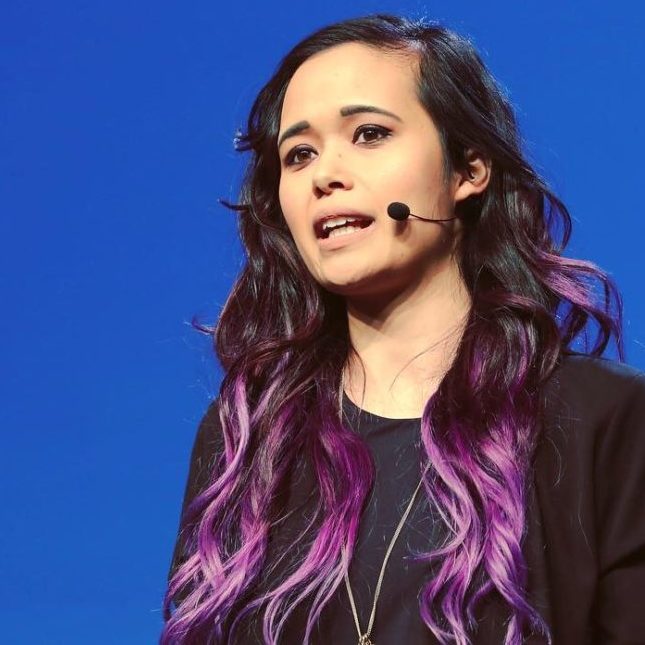Sandi Lin, CEO and Co-founder of Skilljar, and Kathy Lord, its CRO, know a thing or two about Chief Revenue Officers. Sandi’s done the do-we-don’t-we-CRO dance, and Kathy’s done the reverse. Between them, they’ve got tips on what to look for in a CRO, and what they’re probably looking for from you.
What is a CRO and what should they do?
You might never have considered a Chief Revenue Officer (CRO) because it’s not been a common role until very recently, and because you might not have the kind of revenue that needs its own manager. A CRO owns and directs the strategy over a company’s revenue cycle, but there’s not a set standard for operational or management decisions: in addition to sales and sales development, they might be responsible for customer success, lead generation and pipelines, and even marketing and brand development. You can make the role whatever you want it to be, if you can find the right person.
Is a CRO right for you?
If you’re a company that has a 100% sales-driven business model, it makes sense to hire a big-deal revenue person. Additionally, if don’t have revenue expertise, you need to make sure someone on your team does. Hiring a “fully baked” revenue expert is much more attractive than working the ingredients of the job into your existing team and trying for results. Just note, you’ll need a strong balance sheet and stable investments — it takes money to make money.
What are the tricky things?
The problem is that a good CRO might not be interested in you. You need someone that can manage the big numbers and has hefty experience, but it’ll be an in-the-trenches job. They’ll have to do core sales management and maybe even sales reports, and you might not have an admin to help them set their appointments. (At her last position, Kathy Lord had six account executives and had handled hundreds of millions in revenue.) And there are a lot of people that will aim for a CRO title at a startup but are mid-level sales execs. Make sure you vet well.
Want more? Enter your email below for the latest SaaStr updates
How to Find the Right CRO for Your Company
Before Skilljar, Kathy Lord worked for 14 years growing Intacct; she’d brought the company from $2M in revenue through to an acquisition at just under $1B. She then worked as a GM, but she started to miss the business-building function. She decided to take some time off to regroup and think about what exactly she wanted: a company that’s reached product-market fit but needs to grow, a disruptive technology, and a founder-CEO that would be like a partner. There were several factors she used to determine the right fit.
- Size: a company that was $10-20M in revenue
- Market: products that aligned with her experience but that she was emotionally invested in and excited about
- Role: a strategic seat at the table where she could really affect things
- Founder: chemistry, transparency, and a philosophical alignment — even if they didn’t agree on everything
- Investors: investors that believed in the product and were equipped to fund it fully
- Culture: strong values — she knew that culture is hard to change.
What wasn’t a big factor was the title and the money.
Kathy used her interview with the founders to see how they responded to different points of view and find out what their “why” was. She used her interviews with investors to find out how they really felt about the product and their why. She observed the dynamics between all the stakeholders, including the board. Additionally, after Sandi had checked Kathy’s backdoor references, Kathy asked those references how they felt about Skilljar and Sandi. Finally, Kathy asked the recruiter what their relationship was like with Sandi — how Sandi makes decisions and what she’s like to work with from the recruitment perspective. She got the right answers.
The actual job wasn’t straightforward, however. She discovered that she needed different muscles, that everything was harder and took longer, that fewer resources really meant fewer resources, but that with the right culture it was rewarding. While she had to adjust the way she did her job (and manage her own calendar), because of Skilljar’s partnership-feel, she stayed.
Key Takeaways:
- Employ an executive recruiter.
- Your CRO needs knowledge in product management, marketing, and sales.
- If you and your co-founders aren’t good at growth, bring on a senior person.
- People’s past accomplishments and references tell you more than their interview.
- Your CRO can be remote — Kathy and Sandi have only ever spent a two-hour walk together in person.
- Great CROs have killer questions, so be prepared to be interviewed yourself.

